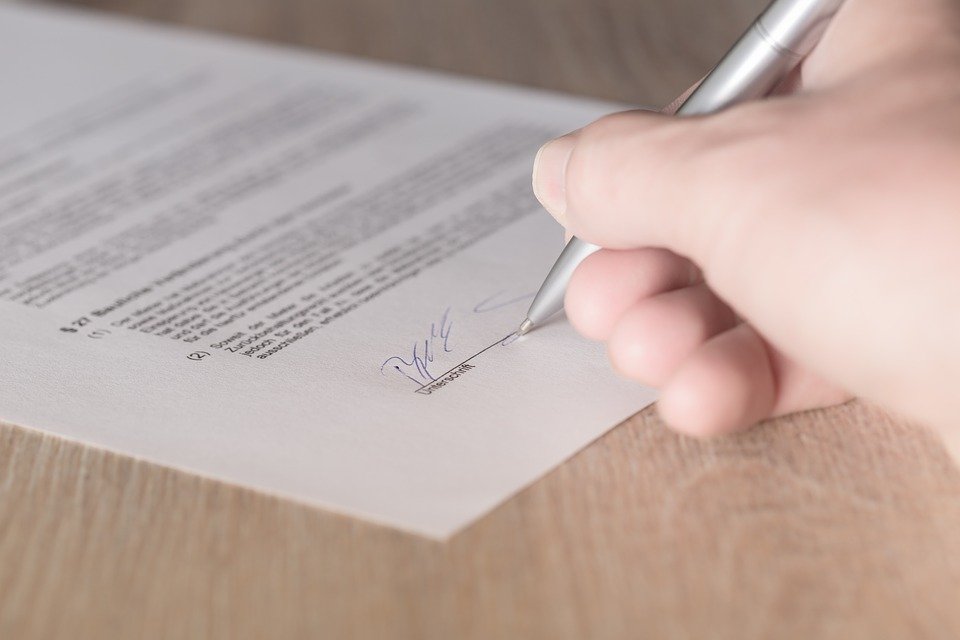
Should You Lease or Buy Your Business’s Equipment?

Whether you’re planning to start a new business or expand your existing business, you’ll need to secure the right equipment. Nearly all businesses use some type of equipment in their respective operations. Without the necessary equipment, you may struggle to sell your business’s goods or services.
Contrary to what some business owners believe, however, there are ways to secure equipment besides purchasing it. While purchasing equipment is always an option, an alternative solution is to lease it. Both options have their own pros and cons. You can learn more about the nuances between leasing and buying equipment below.
Purchasing Equipment
When you purchase equipment for your business, you’ll retain full ownership of it. This is in stark contrast to leasing equipment, in which the lessor retains ownership. If you lease your business’s equipment, you’ll have to return it to the lessor after the end of the lease (or secure an additional lease).
If you intend to use a piece of equipment for multiple years, purchasing it may prove cheaper than leasing it. Leasing, of course, requires you to make regular payments to “use” the equipment. Therefore, as long your business uses the equipment, you’ll have to pay for it.
On the other hand, however, purchasing equipment requires a high monetary investment. Equipment costs can vary drastically from industry to industry, but it’s not uncommon for businesses to spend $10,000 or more on equipment purchases.
Leasing Equipment
There are still reasoners to consider leasing your business’s equipment. First and foremost, leasing requires a significantly lower monetary investment. Many lessors will allow you to lease equipment with no down payment. You simply make regular payments, typically per month, to use the leased equipment.
You can also upgrade your business’s equipment more easily if you choose to lease rather than buy it. Lessors offer a variety of equipment upgrades from which you can choose. If your business outgrows its current equipment, the lessor may offer to upgrade your equipment.
You might be surprised to learn that lease payments are typically tax deductible. When you file taxes for your business, you can write off the lease payments as a business-related expense. Claiming this deduction will then offset the cost of the equipment lease, allowing your business to save more money.
The biggest disadvantage of leasing equipment is that you won’t own it. Considering the benefits it offers, though, many business owners will agree that it’s a smart way to secure equipment.
Have anything else that you’d like to add? Let us know in the comments section below!
